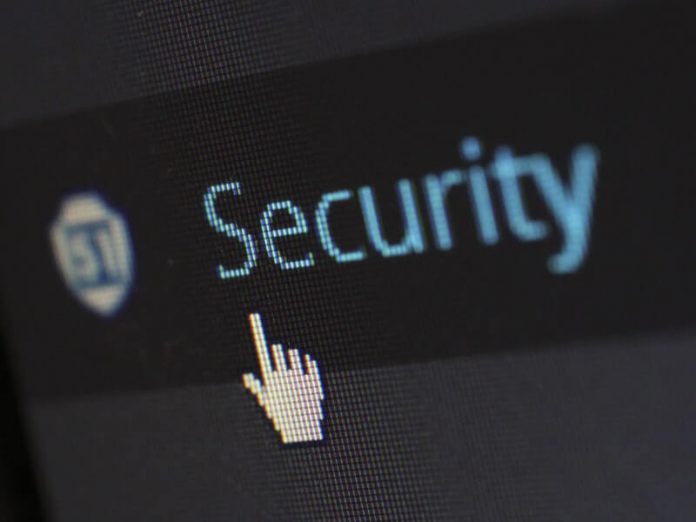When it comes to online security, particularly your social media accounts, financial portfolios, bank and credit card accounts, your password is your No. 1 line of defense. A strong password is essential to your safety and security.
Keeping track of multiple strong passwords can be difficult, which is where high-grade password managers such as Dashlane come into play.
However, you might wonder how often passwords need to be changed. Let’s take a look at this issue, why you might need to do so, and how to create and manage those new passwords.
How Often to Change Passwords − According to Security Experts
It is important to note here that there is no consensus regarding how often passwords should be changed. Even the world-leading security experts disagree on this topic.
Some will tell you that passwords should be changed every three months. Some will tell you that passwords should be changed every six months and the majority state that passwords should be changed yearly.
It makes sense that passwords should be changed, yet according to some leading experts in the field, it is unnecessary. If you have very long, strong, and complex passwords that no hacker could guess, and there’s no indication of a security breach, your passwords are still OK.
We agree with this. As long as your passwords are very strong and nothing has happened, there is no reason to keep changing them. After all, you cannot use the same passwords, which means that you would frequently have to create new passwords, and then remembering them becomes increasingly difficult.
Why and When to Change Your Passwords
If your passwords are strong, and there is no indication of a security breach, there is no need to change your passwords. However, there are some cases where changes in passwords are called for.
- If it has been disclosed that a server has been intruded on.
- If you used a public or shared computer, one that uses a public and unsecured network.
- If you previously shared passwords for accounts with people you no longer trust or who no longer need those accounts.
- If your accounts have been hacked and there has been a direct security breach.
- If you have received a notification that someone else has accessed your account without authorization.
Tips on Creating Strong Passwords
You’ve been hacked, and you need to change your password. Obviously, since you were hacked, your previous password was not up to par. What can you do to ensure that you have a strong and secure password?
- Never use your name or any familiar names.
- Never use your interests, likes, or hobbies.
- Never use any dates, particularly significant dates.
- Don’t use real words. If you can find it in the dictionary, so can a hacker.
- Passwords should consist of a random sequence of upper and lower case letters, numbers, and symbols.
- Passwords should be at least 12 characters long.
A Word on Password Managers
One problem with creating a secure password, as described above, is that it is difficult to remember. Being able to recall random letter, number, and symbol sequences is something that few of us can do, not to mention for all our accounts. That said, some tools can help you manage your passwords − password managers.
Password managers are apps that safely store all your passwords. These tools use high-quality encryption measures and security protocols to ensure the safety of all stored information. Moreover, good password managers can generate secure passwords, and best of all, you don’t have to remember them.
Simply create a master password that is used for logging in to your account. When you enter your master password, the manager will go into the database and auto-fill the account’s appropriate password. It’s a great way to have solid and complex passwords for individual accounts without remembering anything beyond your master password.
Conclusion
If you use a good password manager that generates long and complex passwords, and as long as it used top-of-the-line security measures, there is no need to change your passwords regularly.


































